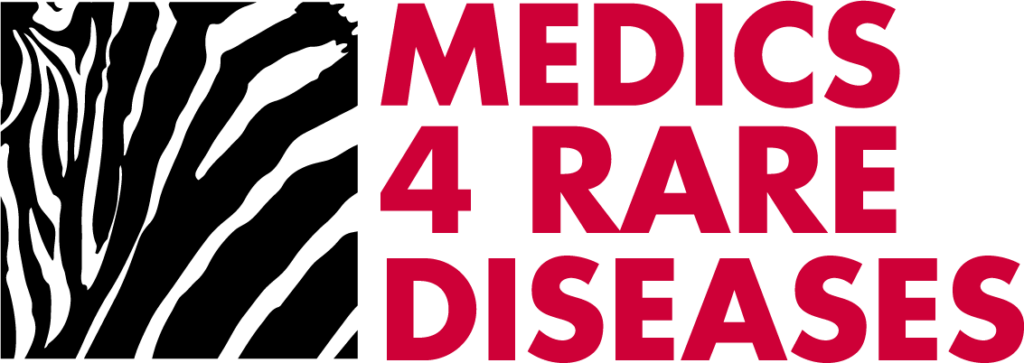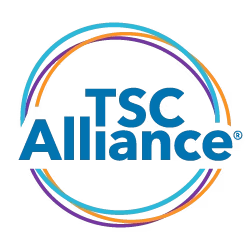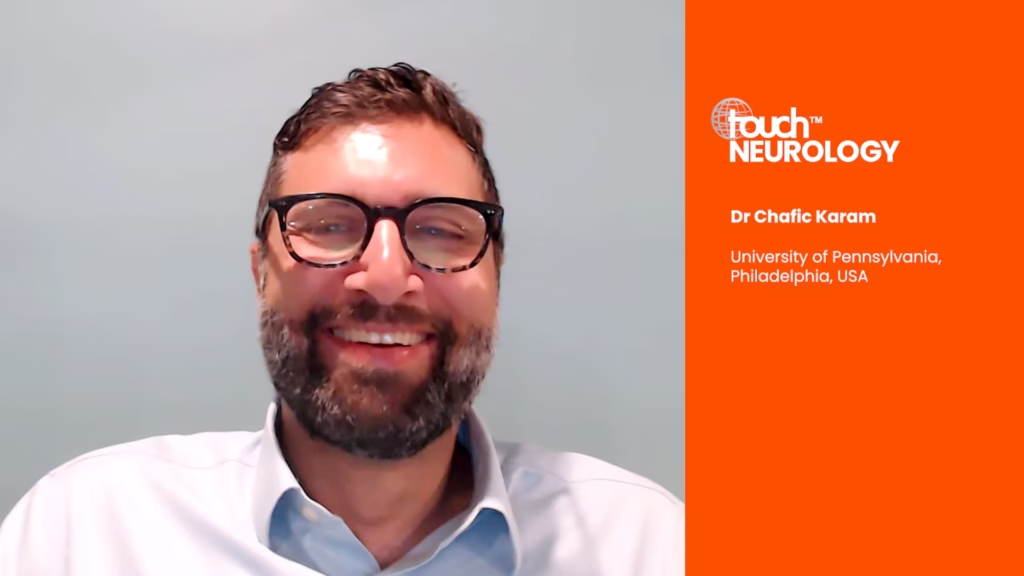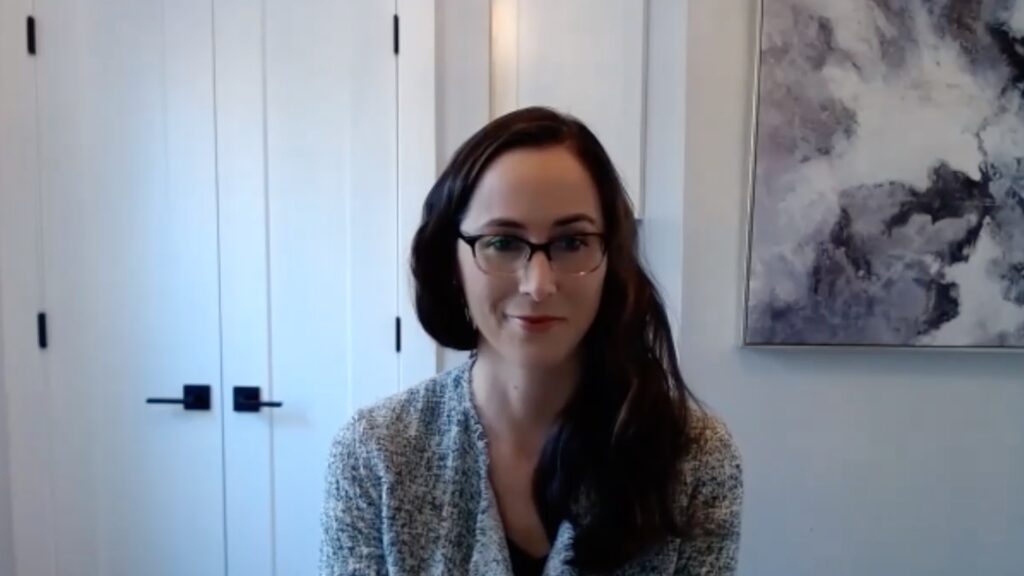Rare Diseases
An Introduction to Rare Diseases
Although the incidence of rare neurological diseases is by definition low, they have a considerable collective impact: according to recent estimates, nearly half of all rare diseases are neurological, and up to 90% of all paediatric rare diseases have a neurological component. The most common of these conditions fall into the following groups: cerebellar ataxias and hereditary spastic paraplegias; Huntington’s disease and other choreas; frontotemporal dementia; dystonia, paroxysmal disorders, and neurodegeneration with brain iron accumulation; leukoencephalopathies; neuromuscular diseases and atypical Parkinsonian syndromes. Advances in genomic technologies, including exome sequencing, have enabled rapid diagnosis of a number of rare neurological conditions. There have also been many advances in gene therapies, and this is an active are of clinical research.
Our supporting partners do not constitute an endorsement of the content on this page.

Physician burnout is at a critical point. In this episode, Nicky speaks with Dr Alfred Atanda about why so many physicians are burning out and what can be done to change the trend. From personal experience to system-wide solutions, Dr Atanda shares valuable insights on improving physician well-being and building a more effective healthcare culture.
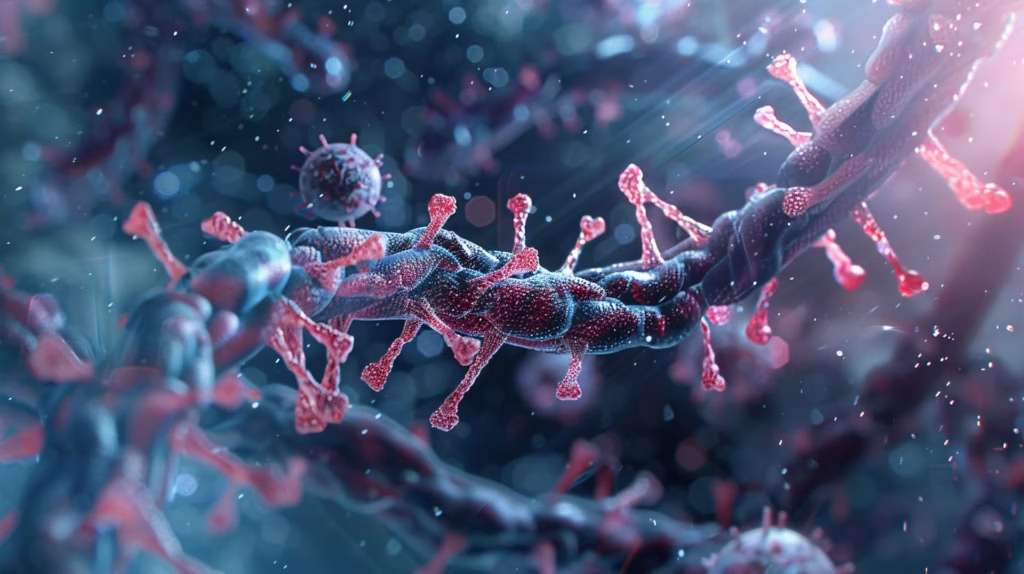
Broadest approval to date in generalized myasthenia gravis The FDA approval of nipocalimab for generalized myasthenia gravis (gMG) introduces a targeted therapy within a validated class, offering the potential for durable disease control across the broadest patient population to date. ...
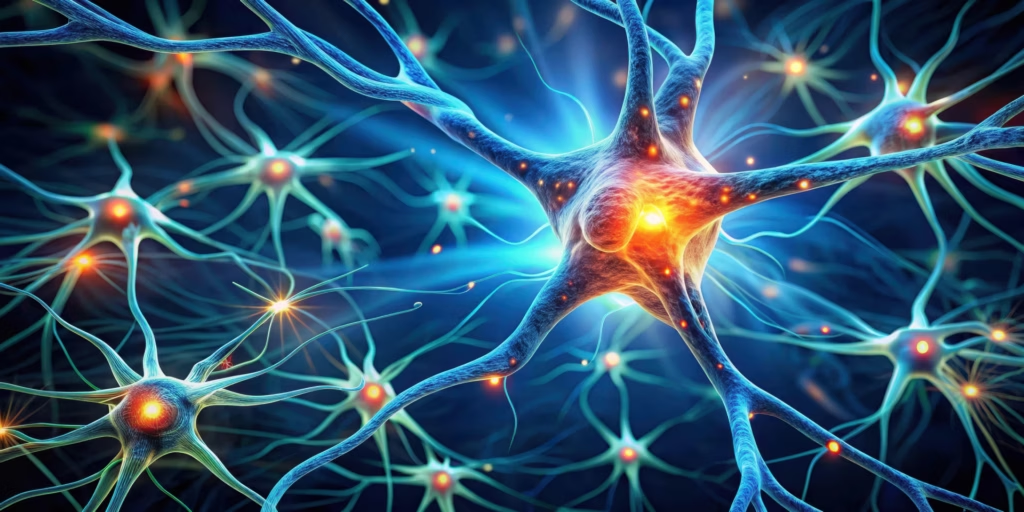
Amyotrophic lateral sclerosis (ALS) is a neurodegenerative disorder of upper and lower motor neurons that results in progressive motor impairment. ALS is the most common disease of motor neurons with an annual incidence of approximately 1.7–2.5 per 100,000 people. It is a ...

In this episode, we explore the future of continuing medical education (CME) with the team behind touchIME. Hannah Fisher and Matthew Goodwin share insights into global and US trends, the importance of patient inclusivity and how educational outcomes are evolving to better measure the direct impact of learning on clinical practice and patient care.
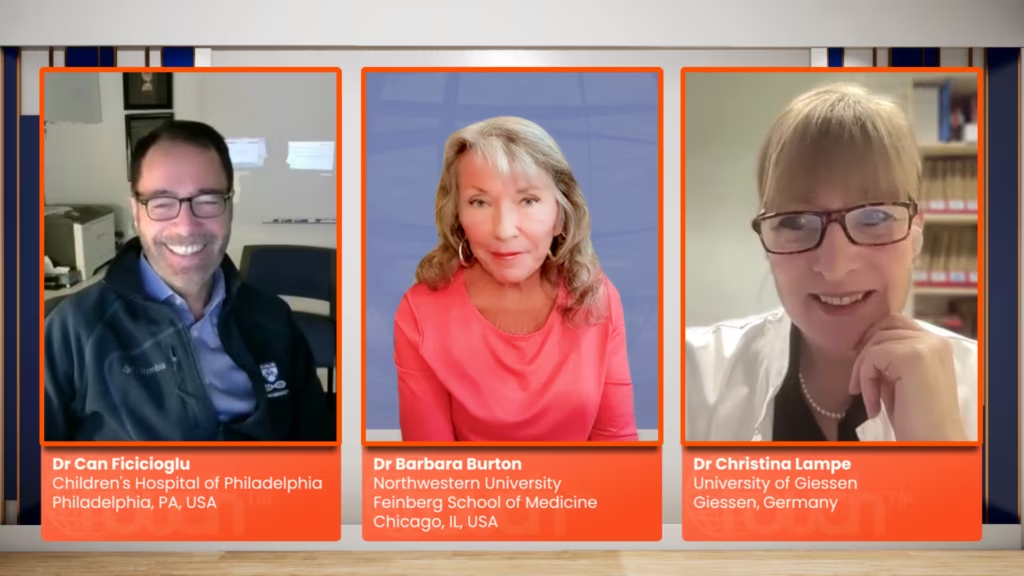
Experts discuss optimization of multidisciplinary care of alpha-mannosidosis along the patient’s lifespan.


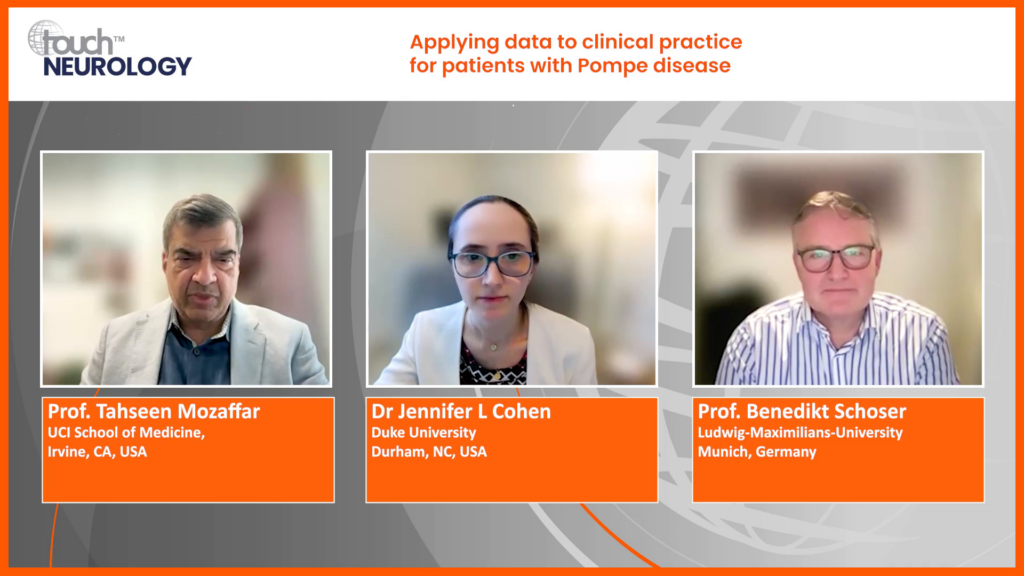
Leading experts in Pompe disease explore key data from WMS 2024 and WORLDSymposium 2025.




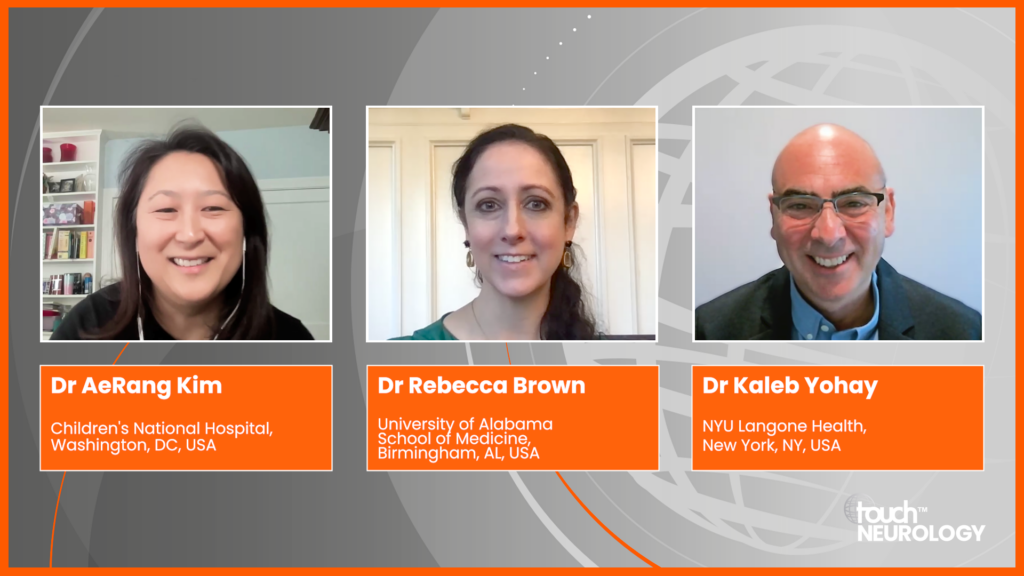
Three experts share insights into the treatment and care of patients with NF1 from childhood to adulthood.
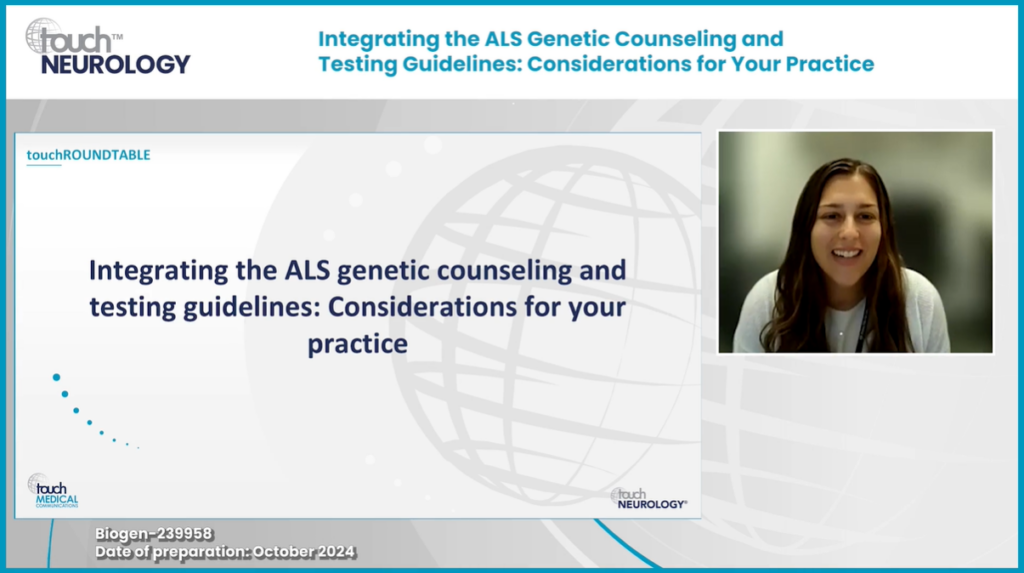
Learn from leading genetic counsellors on how to integrate the ALS genetic counseling and testing guidelines into clinical practice.
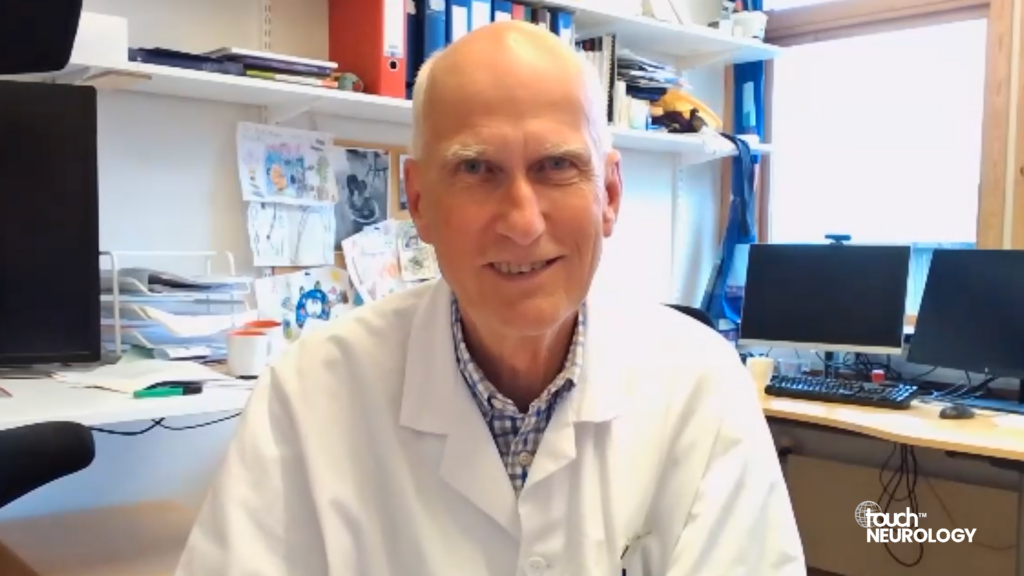
Myasthenia gravis (MG) is an autoimmune disorder where antibodies disrupt the neuromuscular junction, causing muscle weakness that worsens with activity. MG subgroups are based on muscle weakness location, age, antibody type, and thymus pathology, with some patients experiencing severe, treatment-resistant symptoms. Biomarkers can indicate prognosis. First-line treatments include pyridostigmine for symptomatic relief and immunosuppressants like prednisolone and azathioprine. Thymectomy is recommended for certain patients. Second-line treatments include mycophenolate, rituximab, and others, with new therapies like complement and FcRn inhibitors showing promise. Intravenous immunoglobulin and plasma exchange are used for acute exacerbations. Supportive therapy, including adapted exercise, is crucial. In refractory cases, comorbidities and diagnosis accuracy should be reconsidered.
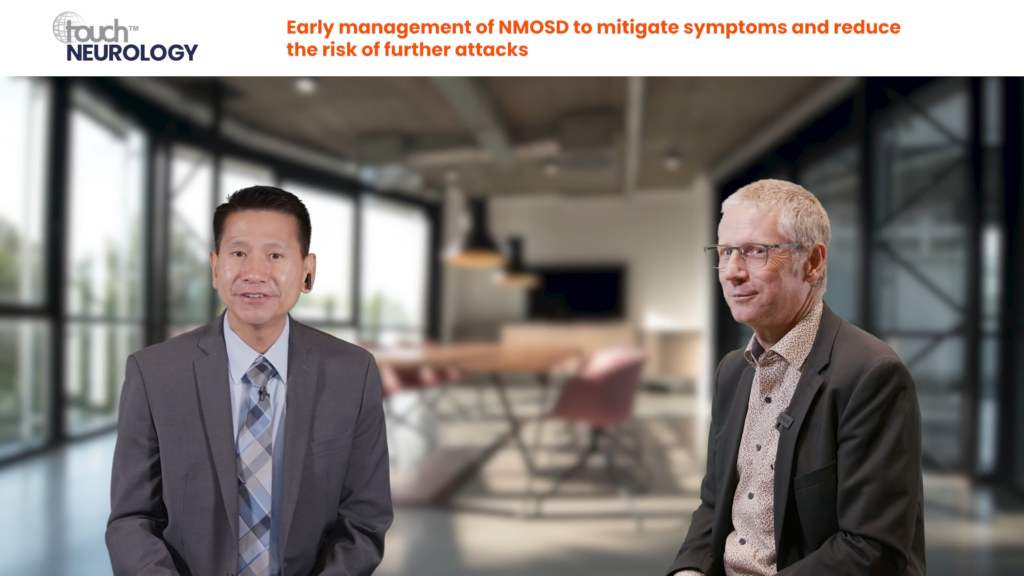
A neurologist and a neuro-ophthalmologist discuss best practices for early diagnosis and treatment of NMOSD







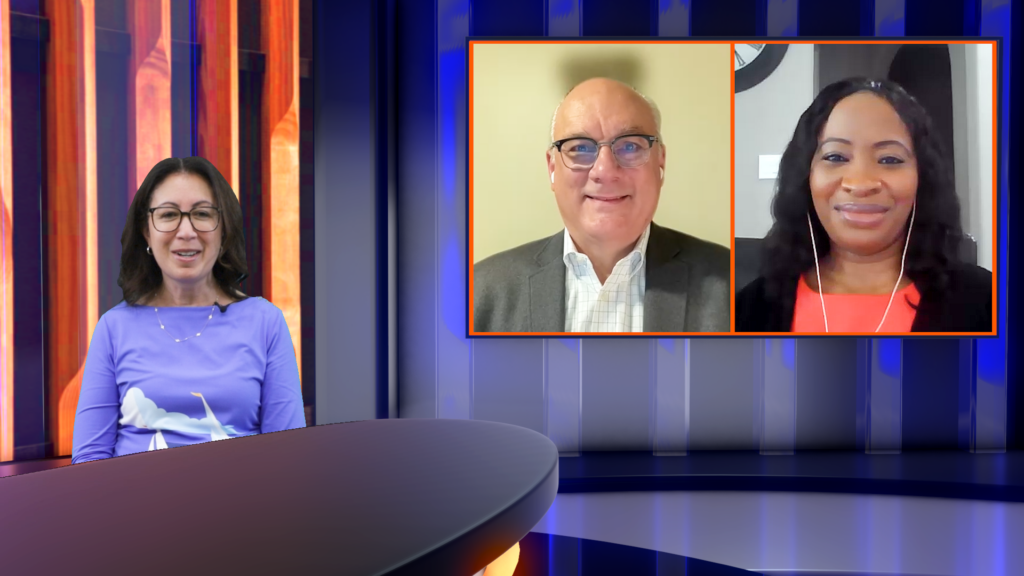
Three experts discuss the management of complications of sickle cell disease, as well as recent advances in therapy.

Three experts examine evidence-based approaches for early and accurate diagnosis, appropriate treatment selection and patient-centred care to mitigate the clinical burden of neuromyelitis optica spectrum disorder.
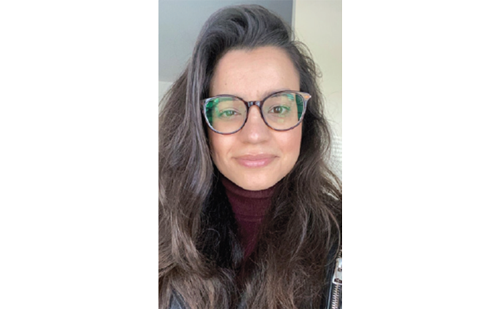
Dravet syndrome is a rare genetic disorder that affects approximately 1 in 15,700 individuals. It is one of the most severe epilepsy syndromes of early childhood, with high morbidity and mortality rates.1,2 It is characterized by seizures that begin in infancy and ...
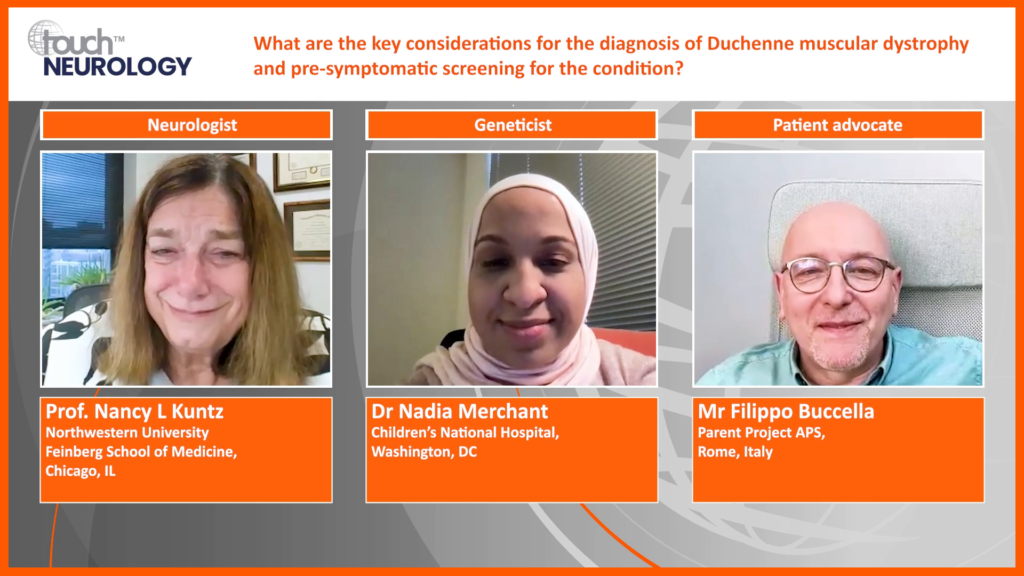
A multidisciplinary team and a patient advocate discuss the symptoms, diagnosis and modern medical management of Duchenne muscular dystrophy
Latest articles videos and clinical updates - straight to your inbox
Log into your Touch Account
Earn and track your CME credits on the go, save articles for later, and follow the latest congress coverage.
Register now for FREE Access
Register for free to hear about the latest expert-led education, peer-reviewed articles, conference highlights, and innovative CME activities.
Sign up with an Email
Or use a Social Account.
This Functionality is for
Members Only
Explore the latest in medical education and stay current in your field. Create a free account to track your learning.


